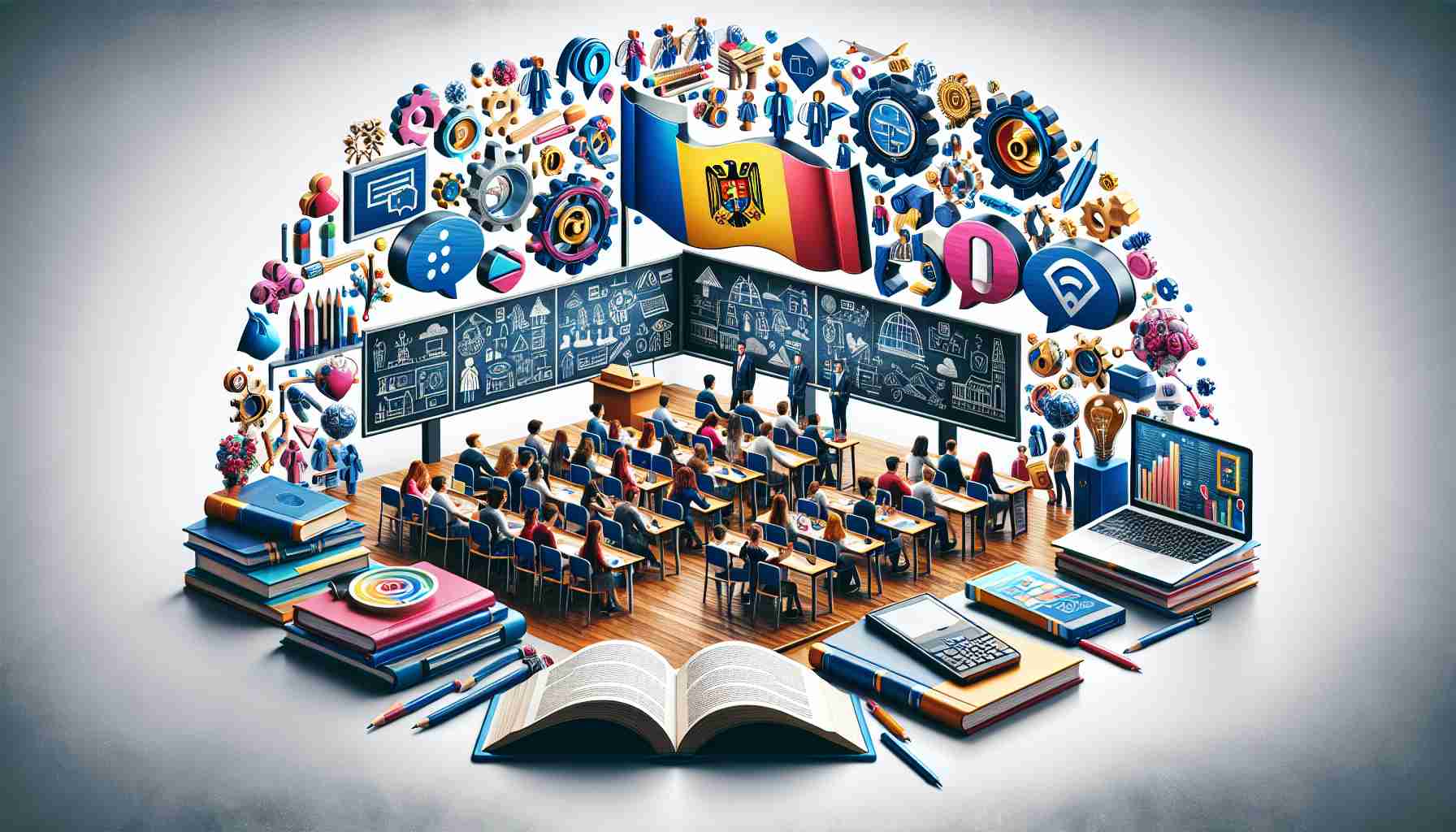Progress in Digitalization and Enhanced Educational Regulation
Today, the Ministry of Education in Romania announces the rollout of proposed advancements in the pre-university educational system. A public consultation has been opened for two critical projects that aim to align procedures with the new Education Law No. 198/2023 and refine the operational aspects of educational units. They target the mechanization of digital methodologies, including sustaining online or hybrid learning during extraordinary events, and facilitating administrative and faculty meetings remotely.
Emphasizing Student Engagement and Transparency
The proposed regulations include assigning behavioral grades at the end of each learning period to evaluate student conduct, which can affect their overall behavior score—especially if unexcused absences occur. Schools are also tasked with creating random student study groups to increase impartiality, and the director vacancies are to be filled by a teacher appointed by the school inspector following consultations.
Enhancing Safety and Accessibility in Education
Commitment to transparency mandates schools to publish their health and safety permits; should they lack these, it must be publicly communicated. Additionally, the inclusive policies now extend to enrolling individuals lacking a personal identification number. Special accommodations are proposed to assist students returning to the education system after extended absences, including specialized language and integration support groups.
Preparing Students for Future Educational and Career Paths
The reform emphasizes career guidance, with teachers providing recommendations to guide students into higher education or potential job markets post-graduation. Moreover, teachers are encouraged to undertake EU educational projects, expanding Romania’s footprint in the broader educational landscape.
Addressing School Dropouts and Protecting Student Rights
The project injects clarity on student dropouts and introduces measures to support pregnant students or student parents. It continues to enforce the ban on electronic communication devices during class unless explicitly used for educational purposes, aiming to keep the focus on learning.
Personalized Education and Enhanced Disciplinary Actions
The provisions of the new reforms extend to personalize learning opportunities for students and enforce disciplinary measures, such as temporary suspension or expulsion, to maintain an environment conducive to learning.
Key Questions and Answers:
– What is the purpose of the Education Law No. 198/2023 in Romania?
The Education Law No. 198/2023 aims to modernize and improve the Romanian pre-university educational system through digitalization, enhance regulatory practices, increase student engagement and school transparency, improve safety and accessibility of education, provide better career guidance, address school dropout rates, and protect student rights.
– How are digital methodologies being integrated into the Romanian educational system?
Digital methodologies will be used for online or hybrid learning, especially during extraordinary events, and for remote administrative and faculty meetings, making the educational process more flexible and resilient to disruptions.
– What measures are proposed to assist students returning to the education system after extended absences?
The measures include creating specialized language and integration support groups to facilitate their reintegration and educational success.
Key Challenges or Controversies:
– One of the challenges is the effective implementation of digitalization across all schools, especially in remote or underfunded areas. Ensuring that all students and teachers have access to the necessary technology and reliable internet connectivity is critical.
– The assignment of behavioral grades and reliance on digital devices for educational purposes could lead to controversies regarding student privacy and how behavior is quantified and impacts overall scoring.
– There may be resistance to changes in the traditional methods of teaching and learning, requiring significant training and adaptation from teachers and faculty.
Advantages and Disadvantages:
– Advantages: Digitalization can lead to more efficient communication, personalized education, and the ability to continue learning during emergencies. Increased transparency and student engagement can enhance trust and accountability in the education system. Career guidance and inclusive policies could result in better future prospects for students.
– Disadvantages: Over-reliance on digital systems can create challenges if there are technical failures or cybersecurity issues. Behavioral grading might lead to subjectivity in evaluations. Disciplinary actions like suspension or expulsion must be balanced to not disproportionately affect vulnerable students.
For readers seeking more information about initiatives and reforms in education in Romania, you may visit the following main domains:
– Romanian Ministry of Education
– EUR-Lex for EU educational projects
It is important to ensure any URLs are valid and link to the main domains, as with the two provided examples above.
